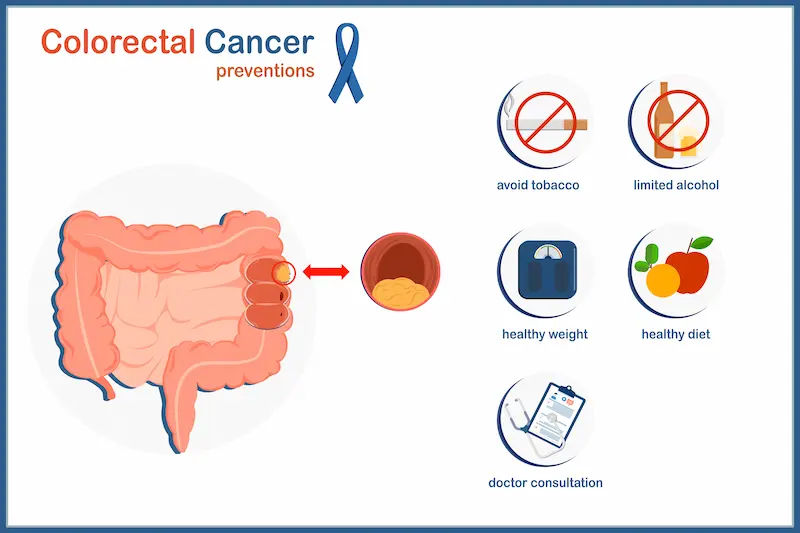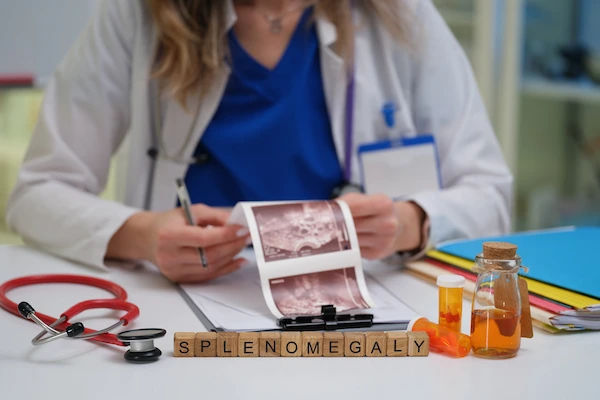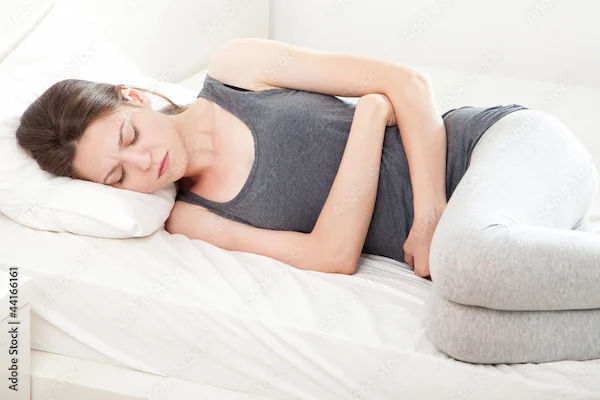- Female
- 22 Years
- 20/02/2025
I've been experiencing some trouble breathing after I have dinner and then lie down in bed. It's strange because it doesn't really happen all the time, just usually after I eat and go to lie down. I end up having to take these deep breaths through my mouth because it feels like I'm not getting enough air. But what's odd is that if I wake up in the middle of the night, I don't have the same problem. Is this something I should be concerned about?
Answered by 1 Apollo Doctors
GERD SYMPTOMS
Dr. Kareemulla Suggests...
Consult a Gastroenterology/gi Medicine Specialist
Answered 04/07/2025
0
0


Ask Apollo
AI powered Health Chatbot
It's important to consider a few key points about your breathing difficulty after dinner when lying down:
-
Possible Causes:
- This could be related to acid reflux (GERD), where stomach acid irritates the throat and airways, especially when lying down after eating.
- It might also be due to mild asthma, allergies, or other respiratory issues.
-
Symptoms to Watch:
- If you experience additional symptoms like chest pain, wheezing, persistent cough, or if the breathing difficulty worsens, it’s important to seek medical advice promptly.
-
When It Happens:
- Since the issue occurs after dinner and lying down but not during the night, it suggests a positional or digestive component rather than a chronic lung problem.
-
What You Can Do:
- Try avoiding heavy meals close to bedtime, elevate your upper body when lying down, and avoid foods that trigger reflux.
- If symptoms persist, a healthcare provider can evaluate you further.
If this breathing difficulty is new, recurrent, or worsening, it’s best to consult a doctor to rule out any serious conditions and get appropriate treatment. Your health and comfort are important, so don’t hesitate to seek professional advice.
Recommended next steps
Consult a Pulmonology Respiratory Medicine Specialist or Consult a Allergist And Clinical Immunologist
Answered 10/09/2025
0
0
More Gastroenterology/GI medicine Health Queries
View allI'm a bit worried because both my direct bilirubin and total bilirubin levels are high according to my blood tests. I took some medication for about 5 days, and everything seemed normal again. But then I had one beer at a friend's party, and now both bilirubin levels are elevated again. Also, I've been getting a light fever in the evening or at night. What could be causing this, and should I be concerned?
Elevated direct and total bilirubin levels, which normalized with medication but increased again after consuming alcohol, may indicate liver dysfunction or sensitivity, and the recent onset of low-grade evening fevers could suggest an underlying infection or inflammation; consider consulting a hepatologist or gastroenterologist for a comprehensive evaluation, including liver function tests, imaging studies, and potentially a liver biopsy, to determine the underlying cause and develop an appropriate treatment plan.
Answered by 1 Apollo Doctors
I have a 31mm gall bladder calculus but my gallbladder wall thickness and CBD are normal. Is it possible to treat this without surgery? If I do get surgery, will the stones come back again?
Yes, it's possible to treat a 31mm gallbladder calculus without surgery, and the likelihood of stones returning after surgery varies. While surgical removal (cholecystectomy) is often the preferred treatment for symptomatic gallstones, non-surgical options like medication or percutaneous cholangioscopy may be considered. The risk of gallstones returning after surgery is low if the gallbladder is removed.
Answered by 1 Apollo Doctors
I'm having some discomfort when I have a bowel movement. The first part of my stool is really hard and sometimes it feels like a small piece of tissue, about 0.3 to 0.5 cm, is coming out from my anus when I clean up. The area around my anus gets itchy now and then too. I'm really not sure if Im dealing with piles or if it's something else. Can you help me figure this out and maybe let me know what foods I should avoid?
Based on your symptoms, its likely that you are experiencing hemorrhoids , which can cause discomfort and the sensation of tissue coming out of the anus. The best course of action is to increase your fiber intake, stay hydrated, and avoid straining during bowel movements. Over-the-counter remedies and sitz baths can help relieve symptoms. However, if your symptoms persist or worsen, it is important to see a proctologist or gastroenterologist for an evaluation and appropriate treatment.
Answered by 1 Apollo Doctors
Disclaimer: Answers on Apollo 247 are not intended to replace your doctor advice. Always seek help of a professional doctor in case of an medical emergency or ailment.




